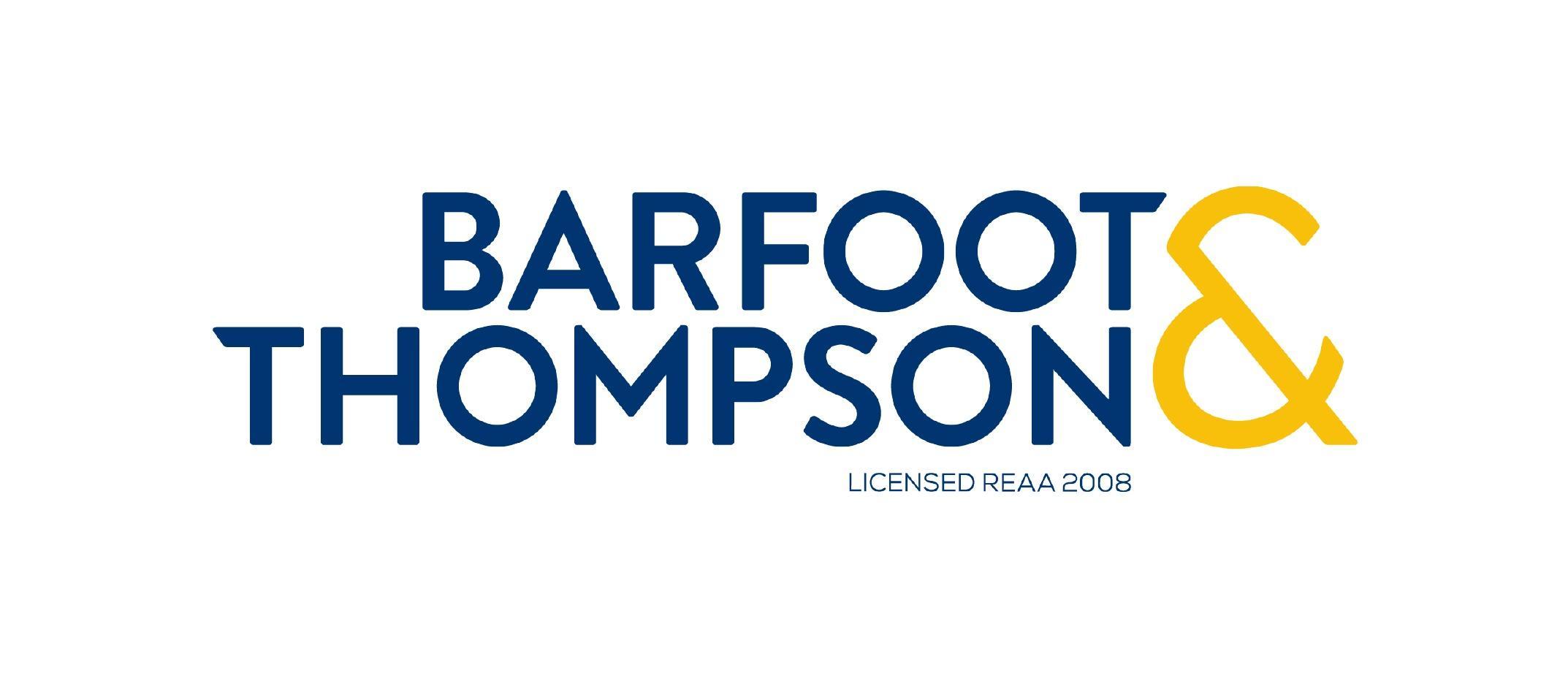Buying off the plan can be an exciting proposal, it has many benefits which can be capitalised on if purchasing correctly and with enough due diligence
put into practice, however, every rose has its thorns, and it is important to be aware of the risks that can be associated to this method of purchasing
property.
Risks
The cautious buyer will understand first, the risks associated with a particular decision, in order to ensure they don’t make hasty decisions based
on blind optimism. When buying a property off the plan there is usually a long settlement period which really just lengthens the opportunity for
change to set in between committing to a
Within this timeframe you can face some of the following:
- Market fluctuations (with the fact we’re talking about risks, assume this trended downward)
-
Property doesn’t come out as you had hoped - Your finance is compromised due to changes in circumstances
- The build itself takes longer than expected (more time = more opportunity for your circumstances to change)
- The developer falls over
Aside from the above emotional points relating to the actual building not meeting expectations, finance seems to be a key similarity between the remaining
points. In many
you may have been approved for the usual pre-approval period by your bank initially (usually 30-90 days) it doesn’t guarantee your approval will
be honoured in the future. Your position could change for the worse (anything unexpected could arise, the longer the timeframe, the bigger the
likelihood this could happen), or, bank criteria could change and it becomes harder for you to actually secure finance. Further, banks will always
require a valuation on the property to confirm the value at completion, which is usually verified at the end (close to settlement) by a valuer’s
completion certificate – signing off that in fact the property is (or isn’t) worth the original estimate. If the property market does turn downward,
noting that the banks will lend off the lower of the purchase price or valuation figure, it could mean you’re in a position where you need to fund
a higher deposit, and if you can’t, you may lose the one you’ve already put in.
For example, if you bought for $500k and the property valued up at $400k, assuming you had 80% finance, you expected to need to come up with $100k.
Now that the bank values the property at $400k, they are willing to give you $320k (80%) and you need to come up with the shortfall of $180k. This
is not an easy sum to come up with at a moment’s notice.
Benefits
It is important to note that there are definitely many benefits to buying off the plan too, and while the above may highlight some risks, it definitely
isn’t all doom & gloom.
The benefits of purchasing off the plan can be summarized as follows:
- You are buying at a set price, so if you buy in the right market, by the time you settle your property has appreciated in value and therefore you
immediately build equity upon the day of possession. - Initially, you are only liable for a small deposit, in some cases $1k as a holding deposit, others 5%, and others 10%. In any case, this is a small
sum to come up with in perspective of the entire thing. The balance is then paid in the future at completion. - The development period allows you ample time to arrange finance
- You will be receiving a new dwelling, and in
addition , it will be in line with all of the new building standards.
It is quite obvious that if you understand the property market and where you are in the cycle at the time of purchase, there is a lot of money to be
made here, whether buying to hold (and occupy or rent) or buying to sell.
Legalese
To ensure you are aware of both sides of the coin, employing a solicitor to assist you in going through the documentation is paramount.
Typically the contracts are very much in favour of the developer, and changes can be made without your consent. Your solicitor will ensure that your
deposit funds are kept in an appropriate place (and in most cases in the trust account you will not miss out on earning interest on these funds),
and also ensure that there are necessary finance conditions.
Code of Compliance is another key factor which is to be considered. There is a difference between the developer guaranteeing code for your dwelling,
and guaranteeing code for the building. Your settlement requirement may be depending on the former,
Lastly, understanding that when you’re purchasing into an arrangement like this one, you’re often (particularly in apartment set-ups) purchasing an
interest into the body corporate, and noting what this means is of crucial value to you too.
Summary
In summary, buying off the plans can have numerous benefits for those who do the appropriate due-diligence. Money isn’t easy to make, and if it smells
too good to be true, it often is. If you are cautious enough to cover all of the
success in buying off the plans are understanding the market, having a good solicitor on your side, understanding the conditions of your finance,
and ensuring the developer themselves have a good track record.

ABOUT THE AUTHOR
Ryan Smuts
Ryan is a Key Accounts Manager at Kris Pedersen Mortgages and Insurance. Ryan can be reached
on 021 193 9333 or [email protected].













Add Comment